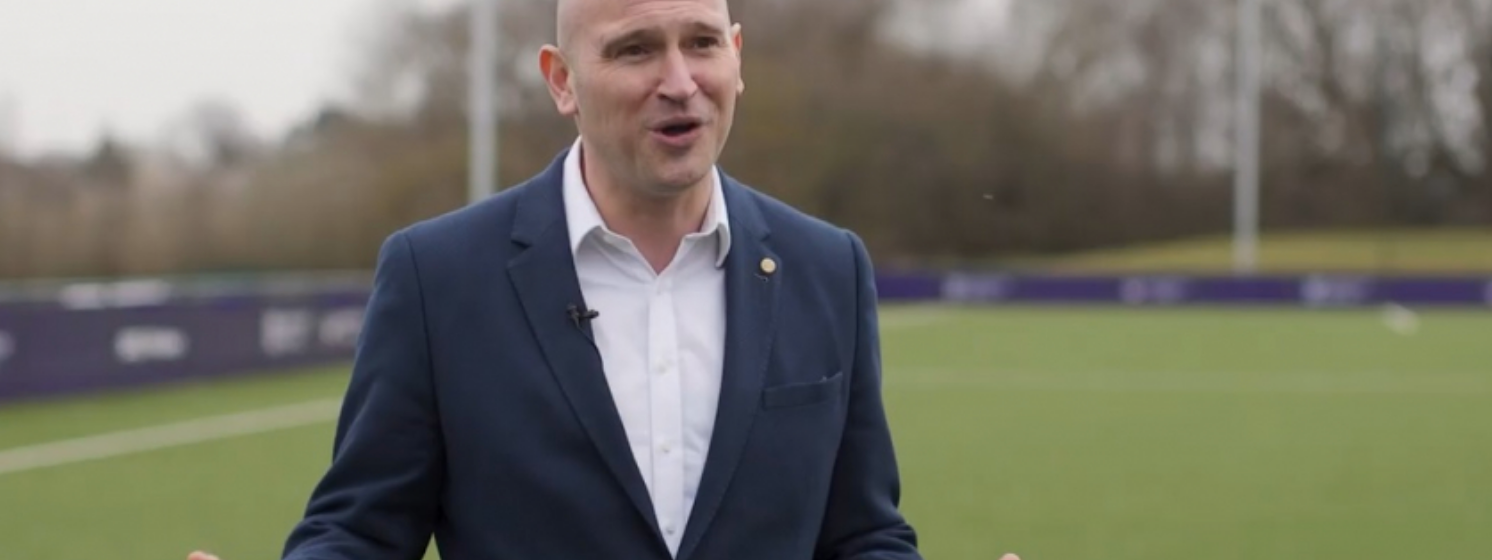Labosport and Loughborough University researchers have collaborated with international governing body giant FIFA to bring artificial pitch testing into the modern era.
As the use of artificial turf increases worldwide, researchers from Labosport and Loughborough’s Sports Technology Institute have been selected as key partners to develop and improve testing methods, ensuring quality and consistency is maintained throughout.
Dr. Steph Forrester, Reader in Sports Engineering and Biomechanics, explained: “FIFA put out a call for proposals to develop the next generation of mechanical test devices to access the player surface interaction on artificial turfed football pitches.
“Our knowledge and understanding of artificial turf and how it behaves under player interactions has increased and obviously technology has increased too. There’s massive scope to make these test devices much better and to bring them into the modern game.
“The common global aim for this project is to improve artificial turf surfaces for football players worldwide. For us, as researchers, it’s great to be involved in a project where we can demonstrate the impact of the research we do and for that impact to be global.”
Katharina Wistel, Group Leader FIFA Quality Programme, said: “We knew we had to reach out to the wider football research industry as we also knew that it would be key to objectify the very subjective feeling that players have when using artificial surfaces. The project should help us identify this gap and close it.”
Dr. Jon Roberts, Senior Lecturer and Head of Sports Technology Research Group, touched upon the challenges faced and the importance of new research in an evolving market:
“One of the problems we’re looking to address is that the current test devices have been used for many years and aren’t necessarily devised to assess artificial pitches.
“Consequently, what we’re finding is the measured data from the test devices doesn’t necessarily reflect player opinion.”
Dr. David Cole was also involved in the testing and explained how the equipment records vital information.
“We have a number of samples (of artificial pitches) with a range of different tractions and hardness values. We’re trying to see how sensitive the athletes are to changes,” he said.
“What we have is a studded force plate with some weights on top to replicate the human load. We bring up the device, drop it on the surface and rotate. We then record the full torque angle profile and analyse that data to work out the traction of the surface.
“We [also] have the Advanced Artificial Athlete (AAA) and it replicates a human foot strike on a surface…these two devices look at the vertical and horizontal forces generated. These allow us to do these in a repeatable way where we can compare different areas of the pitch and different pitches altogether.”
Professor Paul Fleming, Professor of Sports Surface and Ground Engineering, said:
“Testing of artificial turf is really important for lots of reasons. It’s done to approve products, approve installations of fields, the comparison between products, and in some cases, it’s done to provide more detailed characteristics about how we expect the field to play. This also links to the performance of athletes and injury of athletes.”
Throughout the project Loughborough also worked alongside leading sports field testing and certification company, Labosport.
Labosport’s Managing Director, Professor David James, explained our input in the research.
“Our involvement in the project is to provide that end user perspective. We can inform the design of the equipment and take it on the road with us, around the UK and the world, to see how it performs.”
More updates will be provided as the project progresses.








